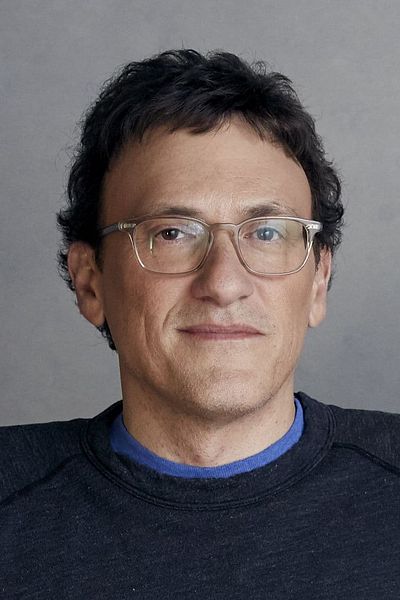The Avengers (Robert Downey Jr., Chris Evans, Scarlett Johansson, Chris Hemsworth Sebastian Stan, Don Cheadle), torn apart after the events of Captain America: Civil War, join forces with the Guardians of the Galaxy (Chris Pratt, Dave Bautista, Zoe Saldana) to battle Thanos (Josh Brolin), who is trying to amass the Infinity Stones for a gauntlet that will allow him to inflict his will on all reality and destroy half of life in the universe.
At nineteen entries in, there's no really way the filmmakers - that's the directors, actors, cinematographers, whatever - can appeal to anyone who isn't on the ride as it is. In fact, trying to entice newcomers to it at this stage serves no purpose and ultimately negates the incredible appeal these have and the viewers who take it seriously. And while that kind of latitude means the screenplay doesn't have to spend precious minutes recounting the story of what previously happened or why this is particularly important, it doesn't mean that it gets a free pass on basic storytelling principles.
In other words, people might know what's going on and not need a lot of hand-holding - but if it's not an interesting story then nobody's going to care and this is probably why the Marvel Cinematic Universe has become the planet-swallowing titan its become, because the stories are interesting and you care what happens next. So it goes that when it comes to the end of a chapter in that story, you need to have stakes - and it doesn't come any higher than destroying half the universe in the snap of a finger.
Throughout all eighteen films, with the exception of Black Panther, having a villain has been the central problem in that there's no reliable way of understanding what kind of threat they pose to the heroes on screen. You know right well that Iron Man is going to come out because - if you follow the news - you'll know that Robert Downey Jr. has renegotiated his deal with Disney and already announced another film in the series - so, really, how can we care about anything on screen? It's telling then that Disney have purposefully withheld any kind of confirmation on the next movement - or even if it's continuing in its current form - because they want the audience that not everyone is going to come out of this one alive.
Teeing up Thanos started all the way back in 2012's Avengers Assemble, so after six years we're finally getting to see who he is and what he can do - and it's safe to say that he not only delivers on the hype, but that Josh Brolin manages to defy expectations in the role itself. It's a tricky thing to try act through layers of CGI and motion-capture and few actors are capable of it, but Brolin's icy detachment and air of menace - the very same he's put to use in the likes of Sicario and American Gangster - shines through here. When he strides on to the screen first, your initial reaction may be to simply shrug - but the actions of the character define him in an instant and makes for some of the most unsettling moments in the entire franchise. Likewise, his band of henchmen - most notably our own Tom Vaughn-Lawlor as the sycophantic Ebony Maw - make for some queasy moments, but there's never a chance for them to fully develop into their roles, as Thanos just soaks up the screen whenever he's there.
As mentioned earlier, the mere fact that it's nineteen movies deep means that character development isn't a priority here and the arcs of each character has been fleshed out enough so that it can focus fully on plot development. Previous entries are concerned with trying to tie one to another, or keep various plates spinning to as to ensure it intertwines further down the pattern. Here, in Infinity War, the clarity of purpose means that everyone's driving towards the same end goal - stopping Thanos and his plan to wipe out half the galaxy. While that might seem like an abstract decision and unclear to define in human terms, you get the sense that the next entry will bring it down to a level. For now, it's enough that everyone on screen looks suitably terrified at the very mention of Thanos.
For a villain that's so concerned with balancing the universe and the burden of knowledge that it is a finite place, it seems oddly fitting that one of the problems with Infinity War is that this very concern with balancing each character's motivations affects the pacing of the overall story. At twenty minutes shy of three hours, it's an epic in the vein of The Lord of the Rings and like them, you come out of it with the understanding that while there's a break in the chapter, you know more is coming and what has come to pass may not be the end of the story. The incessant demands by the studio for secrecy means that we're not able to specify any further, but suffice to say, the ending of Infinity War is likely to go down in pop culture history along the same lines as The Empire Strikes Back - not in terms of story twist or arc, but sheer impact.



















































































